DEEP DIVE EDITION 4
We unveil new research and a new podcast about COVID-19, and look back at Kenya's old foe, tribalism
The COVID-19 pandemic is the change that became a constant in our lives. Its impact on how we live, where we can and can’t go, even on our mental health is now a running theme for a lot of us. Unfortunately, deaths and job losses are also running themes across the globe. Journalists have run (or been pushed) from pillar to post, covering nearly every aspect of the pandemic. What impact has COVID-19 had on our profession in Kenya? Africa Uncensored commissioned the first piece of research on the impact of COVID-19 on journalists in Kenya. As our subscribers, you get an exclusive first look. Read on to get the link where you can download this report. Our data reporter Moffin Njoroge has been looking at the impact of COVID-19 on the hospitality industry since the most recent restriction of movement announcements in Kenya. In this edition, you’ll also be the first listeners to our podcast “The Deep Cast”. Our first episode comes from a man with lots of experience both in the hospitality industry and with handling the impact of COVID-19. We’re also inviting you to the second edition of Join the Newsroom, where we’ll be discussing this report. The link to the first edition, held in early May, is up, so check it out here!
One more thing…
This Thursday we're digging into research on the impact of COVID-19 on Kenyan journalists.
Journalists across Kenya and the world have spent the last year coming to grips with reporting about COVID-19 and its various impacts. Whether we did a good job or not is up to you to decide, but this was one of the few times when journalism was focused on what was happening around the world while it was happening to them. So, we asked ourselves what it must be like for the journalists who are reporting and living through COVID-19? From job losses to side gigs, find out about the impact of COVID-19 on Kenya's journalists here
If you like our newsletter, please share it with a friend and ask them to subscribe to all our socials as well. Sharing our work helps us keep track of what’s important to our audience. Enjoy!
John Allan Namu- Africa Uncensored
AN INHOSPITABLE VIRUS
The impact of COVID-19 cessation of movement orders on your favourite restaurant
Its been a torrid time for people in the hospitality business. From cessations in movement to problems with deliveries, Kenya's hospitality industry has been at the sharp end of every consequence of the COVID-19 pandemic. Africa Uncensored data reporter Moffin Njoroge looked at the numbers in the wake of Kenya's most recent cessation of movement orders in March, 2021.
Read the full article here!
DEEP CAST
To Hell and Back on Hamburger- Big Square Kenya’s Leonard Mudachi
Leonard Mudachi, Managing Director of fast food restaurant chain Big Square Kenya is no pushover. He runs a 12 store chain of restaurants that have survived over a year of lockdowns and closures owing to COVID-19. But he's on the ropes, and so are many restaurant chains in the country. He spoke to Africa Uncensored's John-Allan Namu about trying to keep his young staff employed, and the wish-list he has for Kenya's President, Uhuru Kenyatta.
Listen to the full podcast here!
RESEARCH: THE IMPACT OF COVID-19 ON KENYAN JOURNALISTS
Nine in ten journalists are worried about COVID-19
Nine in ten journalists are concerned about COVID-19, an Africa Uncensored survey reveals. Following in tow for journalists worries stemming from the virus are fake news, insecurity, and political interference.
“…A lot of misinformation is being published online. This has made our work difficult because the masses tend to believe whatever aligns with their expectations, regardless of whether it is factual or not”, asserted a respondent.
The impact that the pandemic has on journalists is primarily due to salary reductions at 76 percent followed by infections at 68 percent, and retrenchments at 59 percent. COVID-19 related deaths are at 49 percent while denial of access to information is at 44 percent. Journalists from the coast and Nyanza are the most affected by salary reductions. The survey undertaken by Infotrak asserts that journalists as frontline workers are at great risk of contracting COVID-19.
They are also battling an infodemic on the virus and ongoing vaccine rollout. Many have lost their jobs and others on reduced salaries even as their employers face reduced revenues.
Download the full survey here!
INVESTIGATE 101
For over five years, Africa Uncensored has been running a training and mentorship program for early-career journalists. Titled “Investigate 101”, the program has helped shape the careers of now well-established young journalists in Kenya.
Catherine Muema: Products and Operations Manager.
Investigate 101 training program addresses key information gaps in investigative journalism through training journalists. The program is designed to upgrade early-career journalists with up – to date journalistic knowledge and practical skills. So far, the participants have been equipped with: multimedia storytelling, principles on investigative journalism, data, fact-checking. We also address safety skills; aspects of physical safety, digital security, and psychosocial care skills. We asked a few of them to tell us about what being part of Investigate 101 meant to them.
HOW INVESTIGATE 101 CHANGED MY LIFE
I joined Investigative 101 in November 2019 a few months after being laid off from where I was working as a radio news editor. The week-long intense and insightful training from a team of some of the best in the media industry exposed me to vast knowledge about pitching for a story, production planning, storyboarding and script writing which I have incorporated in my career as a freelance journalist.
I can proudly say that I have become very professional in terms of story execution and this has earned me several reporting and production contracts with local, mainstream, and online media.
This year I was a finalist in two key awards, AJEA 2021 and Nile Media Awards 2021 for stories I filed using all the knowledge I acquired from Investigative 101 and I am confident of more wins and a brighter future both as a journalist and as an individual.
The late Steve Jobs said, “You can’t connect the dots looking forward; you can only connect them looking backward. So, you have to trust that the dots will somehow connect in your future.”
I am grateful I lost my job; it enabled me to join and fully participate in Investigative 101. The training has become my guide to greatness in journalism.
Cynthia Gichiri (Award-winning freelance journalist)
I am so grateful to Africa Uncensored for the opportunity to be part of the pioneering cohort of the Investigate 101 program. The program has been very instrumental in my growth as a Journalist & Documentary Filmmaker. As a result, I was more excited than ever to pursue in-depth & investigative stories. I always had a passion for researching & scripting long-form in-depth documentaries & through investigate 101, I feel well equipped for that. I have also become part of the larger Africa Uncensored family & can always go back for assistance, guidance as well as to work on stories.
Maurice Moniango (Award-winning documentary maker )
I'm one of the Africa Uncensored 101 investigate fellowship pioneers. The program opened my eyes and gave me the opportunity to see through the third eye. It also played a significant role in shaping my journalism career by introducing me to the practical part of what I learned then when I was a student at the Technical University of Mombasa. In simple terms, the fellowship made me the person I am today.
Sirajurahman Abdullahi, Investigative Journalist - The Standard Media Group PLC
Piga Firimbi COVID Quiz
The quiz is now just over two months old since it first launched on March 25th. With the aim of curbing misinformation and disinformation about COVID-19, the game quiz has attracted several people who have been worthy Piga Firimbi partners in not only curbing misinformation but also in reshaping the quiz and correcting our mistakes through their formidable feedback. Below are samples of the feedback, but first, do register for today’s quiz here.
Derrick Bundi: A big appreciation for your efforts to fight infodemics.
Vmwaliko: Hi another mistake yesterday, the oxygen level question, the correct answer should be pulse oximeter not breathalyzer.
Jesse Daudi: Hello I was suggesting the questions to be 20 in number. With 15 there's no time to redeem oneself in order to win. By the time you get to number 12 and your number 50's, we give up. 20 can give someone a chance. The last 5 questions to be in Kiswahili if it's an English day and English if it's Kiswahili day. Thanks
Tabby Mwangi: Great work on the innovative way of dealing with misinformation and disinformation!
Moses Wanyonyi: Great way to engage with the audience and would love to contribute where I can.
Michael Kagechu: Hello there, I might be wrong but I think 5 or 6 individuals dominate and are regulars in the top 10. (A good side hustle- lucky them). I suggest you widen your net, within the same budget to motivate a larger audience as illustrated below. I average position 33 😥😥 so sijipigii debe 😂😂. Thank you for your time.
“IN TRIBE WE TRUST?”
Political bannermen in Kenya are turning to tribalism again, ahead of next year's election
It has been more than two years since Kenya’s political arch-rivals, President Uhuru Kenyatta and Opposition leader Raila Odinga buried the hatchet, after yet another bitterly contested election. They claim to be forging a new Kenya, devoid of many of the problems that brought the country to the brink in subsequent elections. Kenyatta and Odinga have their doubters in this respect; none more potent as a rival than current Deputy President, William Ruto. What were they saying and doing that brought Kenyans to blows in 2017? Has anything changed? We look back at an Africa Uncensored documentary from that time, “In Tribe we Trust”.
Here’s the full documentary!
President Uhuru Kenyatta and his former fierce critic, the Opposition leader turned the Presidents ally under the umbrella of the Building Bridges Initiative (BBI) and the 'handshake' Raila Odinga .
The Opposition leader had led several anti-government protests against the Uhuru-led government, after the controversial Presidential elections which was nullified in 2017. Presidential Candidate Raila Odinga boycotted the repeat national election months later.
Pictures Credit: PSCU
FEEDBACK
In Tribe We Trust
Peter Kinyua: Good job done Allan and crew... a well-done piece with top-notch professionalism in all aspects of production. The only way to kill this monster called TRIBALISM is to continue having this kind of discussion candidly with Kenyans regularly, with the media consciously choosing to unite and CONDITION Kenyans to say no to this vice ahead of 2022. The elite should not tell us who to VOTE FOR...
746 Shix: I discovered your channel recently, your documentaries are very enlightening! Well done.
Felix Patric: Thanks for the piece Mr. Nyamu. You are enlightening us. I really would like you to demystify the issue of tribalism with respect to unemployment. We have so many narratives that one has to belong to a certain ethnic group to be given certain job posts in both government establishments and the private sector. It is a good thing that you brought this piece to enlighten us as well as open up a public discussion. We need a forum where Kenyans from all walks of life can have a debate about this because it is not always a good thing that every election year all men and women are lining up towards their tribesmen whereas the past four years people have been living as one.
Kobi Simon: This is a commendable job John Allan Namu and your team; the true reflection of what Kenya is today. I have hopes that the proposed constitution review will change the situation. I like the proposal where some Kenyans are proposing to reverse the trend of “The winner takes it all”.
Maurice Odhiambo: The cure for tribalism is just as simple as EQUITY. i.e. simply; treating every tribe equally. And having an all-inclusive government. Kenya moved miles in economy and at one point we never looked at each other from tribal point during the 2002 election and during the coalition government, wasn't this the way to go?
Xaliye Report: I like the way you have done this Documentary with Professional video shots and edited, I'm a journalist, I need to get contacts of the producer or narrator plz help me with social media handles, amazing man...
Paul Kamau: As it stands at the moment, the constitution we are using is a trap and a recipe for chaos. An all-inclusive constitution would make us Kenyans forget violence during election times, the brotherhood we all dream of would be achievable. I just hope one day we will have a constitution that makes every Kenyan proud, not worrying where they come from.
Editorial Director: John-Allan Namu
Assignment Editor: Sam Munia
Social Media Manager: Cecilia Ashioya
Contributors: Moffin Njoroge, Linda Ngari, Catherine Muema, Shitemi Khamadi






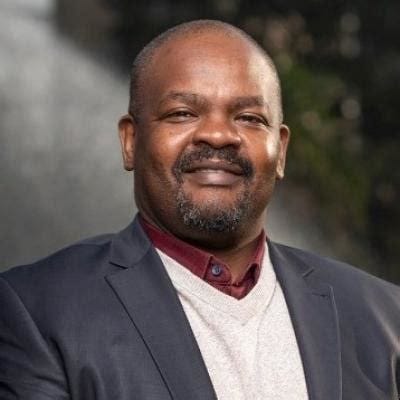
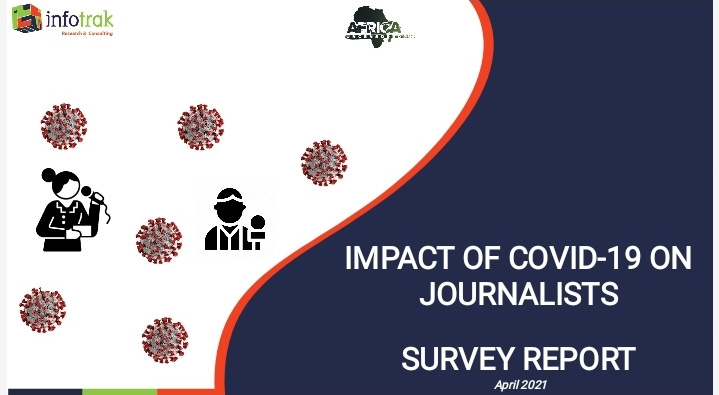



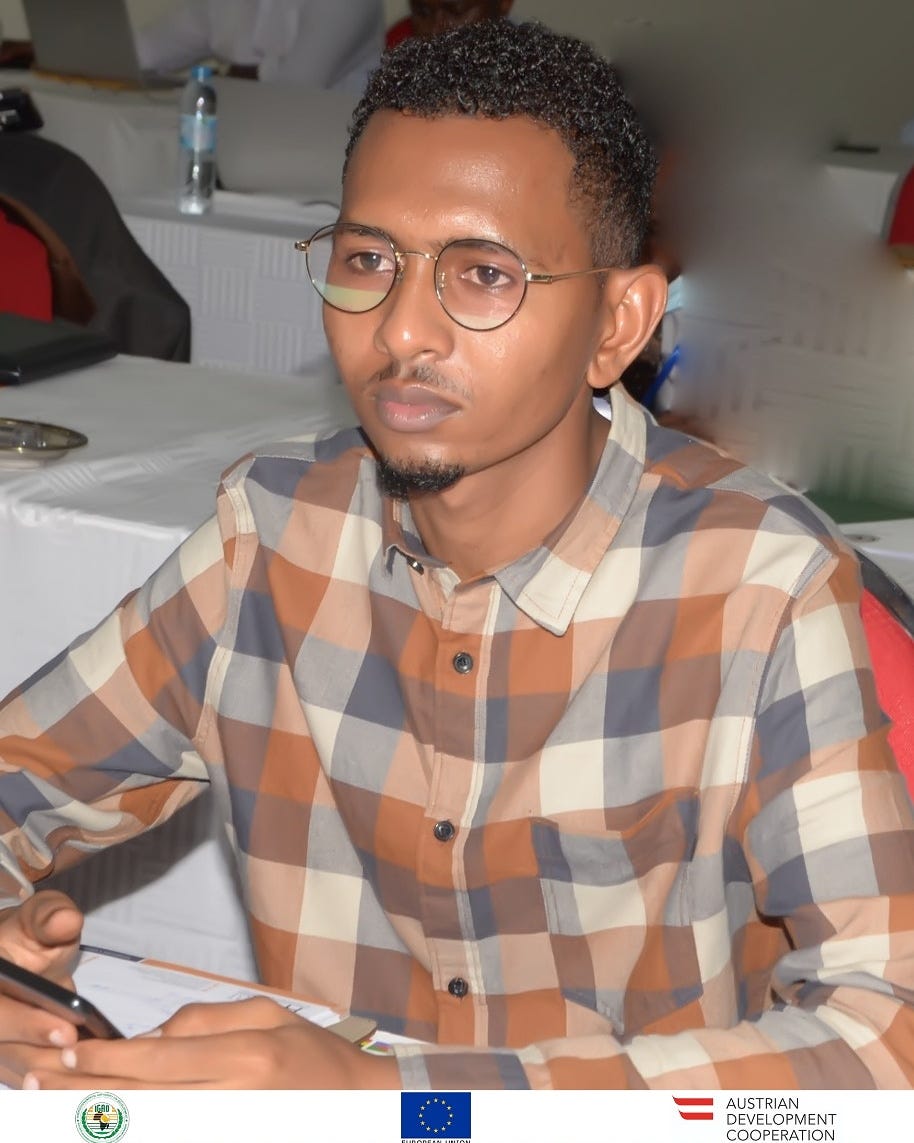
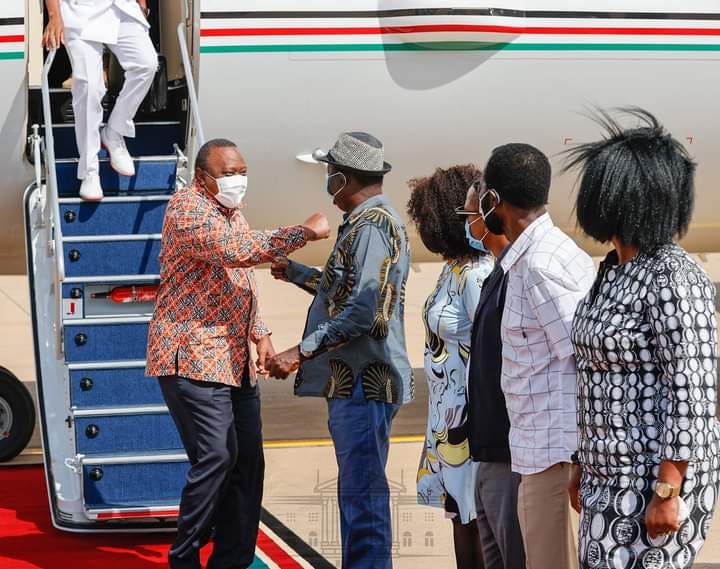
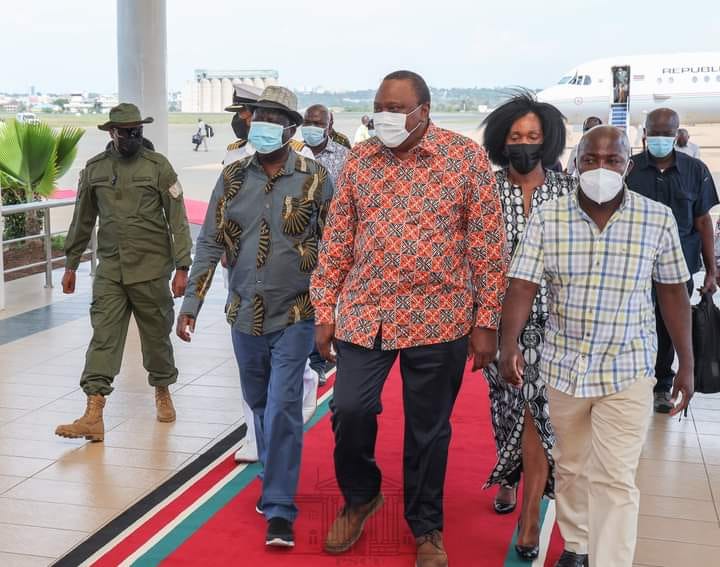
An informative edition.Spot on!